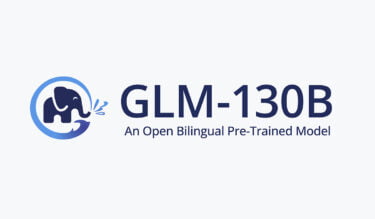Artificial intelligence could revolutionize medicine. But what quality standards should apply? Researchers from the USA are making a proposal.
AI systems can benefit many areas of medicine. In particular, AI applications are showing initial success in diagnostics and potentially in drug development. Researchers from the USA have now presented an approach for quality factors of medical algorithms in the scientific journal "PLOS Digital Health".
Six characteristics for positive artificial intelligence in medicine
The researchers describe the following six characteristics:
- Explainable: The algorithms show which factors they give how much weight to and how the output is arrived at.
- Dynamic: The algorithms can incorporate new data into the decision-making process.
- Precise: The algorithms are as complex as necessary. They are also able to collect data at an appropriate frequency - that is, they are tuned, for example, to how quickly a physiological change in the patient, which the algorithm must include in its calculations, can lead to a clinically significant event.
- Autonomous: The algorithms function in the application with minimal human input.
- Fair: The algorithms evaluate and minimize implicit biases and social inequalities that may arise, for example, from unbalanced training data.
- Reproducible: The algorithms are externally validated and shared with the scientific community. This means that the results can be reproduced and thus verified by other researchers.
In their review, the researchers examined eight commonly cited algorithms from medical studies. According to the findings, none of the algorithms reviewed met all eight characteristics.
Focus on pain points in AI research
Science Media Center interviewed two experts about their views on the use of AI in medicine and the quality attributes established in the review.
"The authors shine a light on some of the 'pain points' of AI research, for example, reproducibility and interpretability, both very active research areas in AI research," says Anton Becker, M.D., director of analytics and body imaging services at Memorial Sloan Kettering in New York.
However, he says, some categories are "fuzzily defined" and not "all of them are always compelling," such as in emergency diagnostics. Overall, Becker calls the eight characteristics a "good guide."
According to Prof. Dr. Robert Ranisch, assistant professor of medical ethics with a focus on
digitization at the University of Potsdam, the checklist contributes to an "important debate" on the use of artificial intelligence in medicine.
However, he says it remains to be seen to what extent the proposal can be taken up in practice. Ranisch believes a further discussion on certification or licensing procedures would be useful.
AI use in medicine: lab results vs. reality
"Currently, there is hype about AI in medicine, and indeed many studies, for example, on the analysis of image data, look extremely promising," Ranisch says.
However, some AI systems are being "brought into the clinic without comprehensive testing" and are less capable under real-world conditions, and some are even "useless or even dangerous."
"More extensive clinical research is needed to increase the effectiveness and safety of AI under real-world conditions. Here, digital innovations must measure up to established
methodological standards," says Ranisch, while criticizing digitization in medicine as a whole.
"As often as we read about the potential of artificial intelligence in diagnostics or care, it has so far rarely been felt by patients. Handwritten patient files or findings on CD are still the reality - Big Data and AI the exception," says Ranisch.







